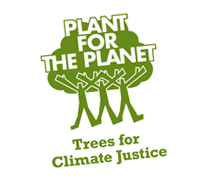Deforestation, Reforestation and Afforestation
Ans : Deforestation refers to the decrease in forest cover across the world. According to the UN’s Food and Agriculture Organisation, the annual rate of deforestation is estimated to be around 10 million hectares between 2015 and 2020.
Ans: Both natural factors and human intervention contribute to global deforestation. Natural factors like forest fires or parasite-borne diseases and human activities like agricultural expansion, infrastructure development, mining and urbanisation are the central causes of deforestation.
Ans: Deforestation has significant and wide-ranging impacts on the environment. These effects can be both immediate and long-term, affecting ecosystems, climate, biodiversity, and human communities. Some of the key effects include loss of biodiversity, climate change, altered water cycles, soil erosion and low air quality.
Ans: Reforestation is the process of replanting trees in areas that were once forested but have been deforested or degraded, with the aim of restoring a previously existing forest. Afforestation, on the other hand, involves planting trees in areas that were not previously forested, often converting non-forest lands, such as grasslands or agricultural fields, into new forested areas.
Ans: Reforestation and Afforestation help in restoring damaged ecosystems by improving air and water quality, and sequestering excess carbon in the atmosphere. It also helps reduce greenhouse gases, works towards biodiversity conservation and reaps economic benefits for the local communities in the form of creating sustainable sources of timber and other forest products.
Ans: You can support reforestation and afforestation efforts on an individual level by funding organisations that plant trees. Grow-Trees.com allows you to plant trees at the comfort of your home. Our web-enabled design makes the process quick & easy.





